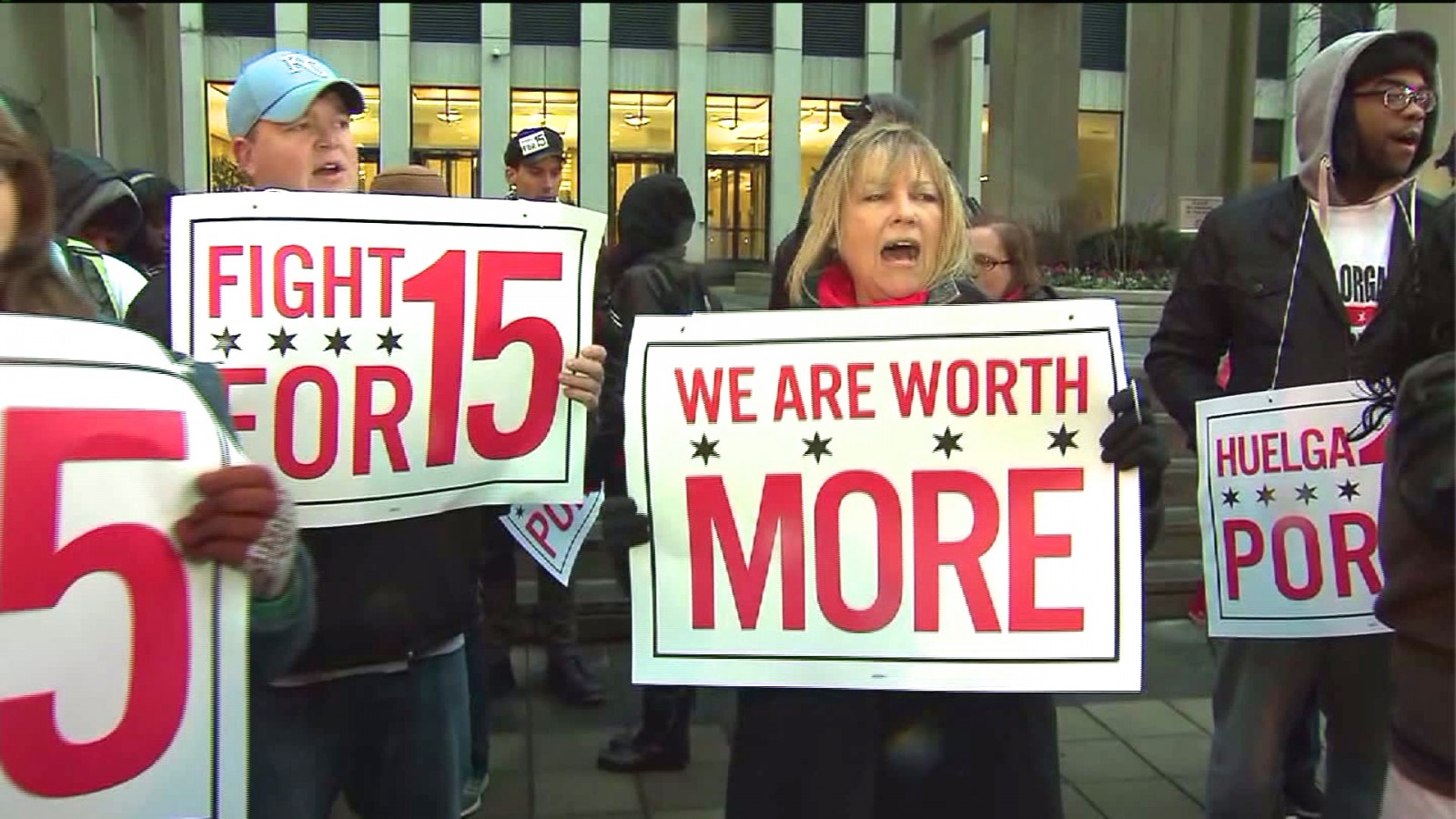
McDonald’s workers in New York, California, and Michigan filed class action suits against the chain, as well as several franchises, for wage theft violations. The cases accuse the fast-food giant of “systematically stealing employees’ wages by forcing them to work off the clock, shaving hours off their time cards, and not paying them overtime, among other practices,” according to a press release by the workers’ lawyers.
Sometimes, lawsuits are about winning money. Sometimes they’re about publicity. And sometimes they’re about fishing for information. These suits seem to be about all three.
First, the money. The workers are represented by Cohen Milstein Sellers & Toll, which is one of the few major American law firms that specializes in representing plaintiffs in class actions. It tends not to bring suits without a somewhat reasonable case or the chance of a significant payday.
Second, publicity. The suit comes in the midst of a long public relations campaign by fast-food workers demanding higher wages. Employees at McDonald’s and other chains have been walking off the job in daylong strikes that, while mostly symbolic, have added fuel to the drive for a higher minimum wage.
And finally, information. Lawsuits can reveal an enormous amount about the workings of a company that management wouldn’t ordinarily have to disclose publicly. The only reason we have a somewhat detailed sense of how Walmart pays its workers, for instance, is that the company was forced to hand over internal data as part of a gender discrimination case. Salon’s Josh Eidelson hits on a key point about the new class actions: They could give the workers’ attorneys the chance to dig through corporate records and find out more about the exact relationship between McDonald’s and the independent franchises that employ most of the chain's workers. Per Eidelson:
“In the past, McDonald’s has tried to shield itself from liability,” said Joseph Sellers, one of the attorneys bringing suit. But “we found evidence that McDonald’s has indeed exerted control over the daily operations” of the franchised stores that “makes it legally jointly responsible” for the alleged crimes.
If true, that could also mean McDonald’s corporate offices have a little more responsibility for what its franchises pay than they’ve previously let on. It’s obviously too early to draw any conclusions, but if these suits survive in the courts, it might dig some fascinating dirt out from under those golden arches.
3 WAYS TO SHOW YOUR SUPPORT
- Log in to post comments
















